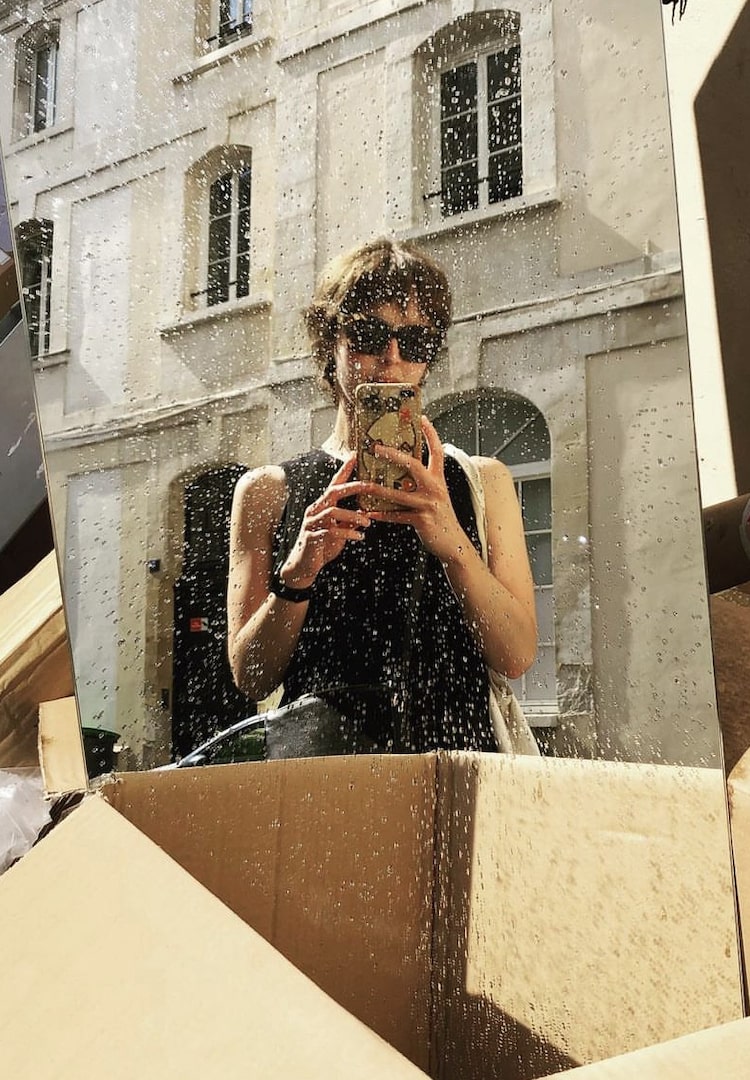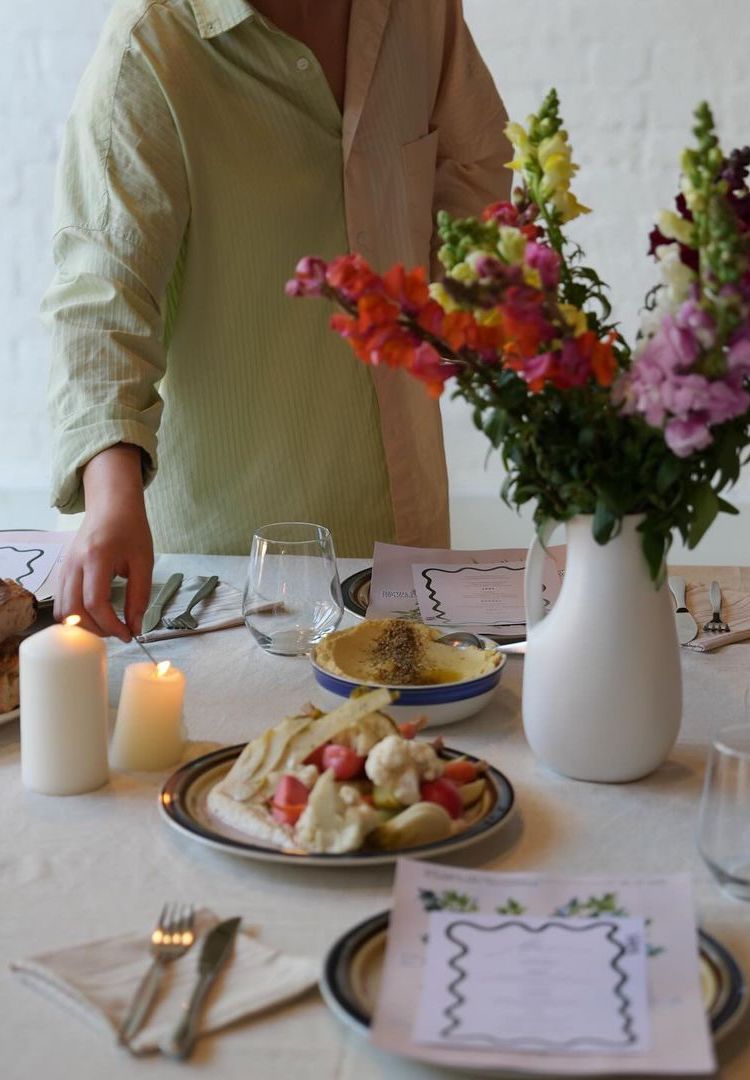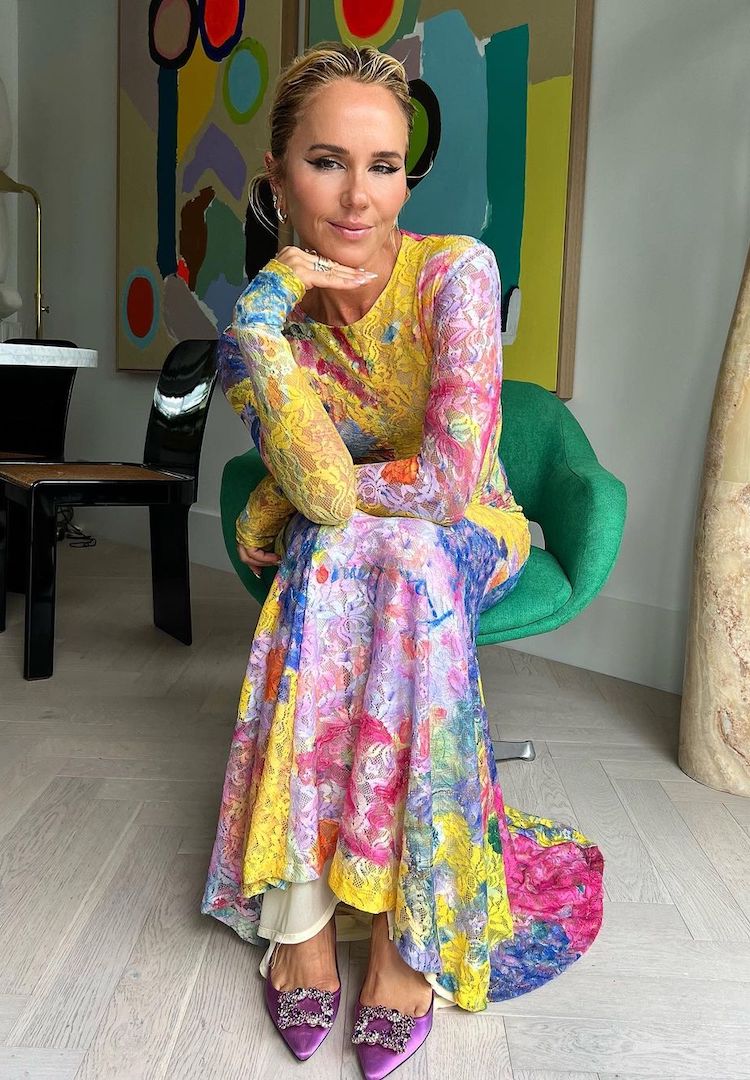All the ways I’ve made new friends in my late twenties
WORDS BY CAIT EMMA BURKE
How does one successfully forge friendships as an adult, when most people have their friendship groups pretty much solidified?
Making friends as an adult is a much more arduous task than it was in primary and high school. In those contexts, you often became friends with people purely because you were in such close proximity to them for so many days a week (which explains why it’s common to lose touch with our schoolmates as we enter adulthood).
Without the regularity that school provides, it can be hard to establish common ground with the people around you. Those hyper-personal jokes that were developed over the course of endless lunchtimes and years of sitting next to the same three people in English class just aren’t as easy to come by in adulthood.
Want to read more about how others navigate the world? Head to our Life section.
So how does one successfully forge friendships as an adult, particularly as an adult in their late twenties, a time when most people have their friendship groups pretty much solidified? And moreover, why am I qualified to provide advice on the matter? Firstly, our Managing Editor here at Fashion Journal, Giulia, made me write this article.
From her perspective, and, it turns out, the rest of my team’s perspective, I’m actually quite skilled at making friends as an adult. According to our Editorial Assistant, Izzy, I’m “… often making new friends in unlikely situations – through work events, your ex’s new girlfriends, at a speed dating event and people you went on dates with that it didn’t work out with”.
And while I’ve never given my friendship-making abilities much thought – and when I have, I’ve put it down to me being a chatty, curious person with an endless interest in people – upon further analysis, there’s some method to this friend-making madness. So below, I’ve broken down all the ways I’ve made friendships as a 29-year-old who’s moved cities twice and been able to create (and maintain) fruitful long-term connections.
Book clubs
I joined a book club in my first year of living in Melbourne in an almost accidental way. I was on a ‘friend first date’ (a good friend of mine from New Zealand knew her friend and I would get on, so she suggested we meet up – more on that later) and as we were wrapping up our evening, three of her friends came into the restaurant. They were meeting her for their monthly book club. After meeting them briefly, I mentioned to my new friend that if there was ever room in their book club, I’d love to join.
Thankfully, they welcomed me with open arms. Through that book club, I made several close friends and got to spend my time trying out new bars and restaurants while having thought-provoking discussions about interesting books. Even if you’re not a big reader, I’d suggest giving a book club a go.
Knowing you have a certain amount of time (generally a month to six weeks) to finish a book can be a great motivator, and there’s nothing more wholesome than getting to know a group of new friends in a dimly lit pasta restaurant, while you’re a few wines deep unpacking why you believe the book in question is incredibly overrated.
Friends of friends
Some people feel a bit trepidatious about becoming friends with their friends’ friends. I get it – they don’t want to overstep boundaries, or are worried about their original friend feeling excluded if they start hanging out with their friends more than them. I’m of the opinion that you can navigate this in a respectful, inclusive way.
Over the years, many of my friends have, either intentionally or unintentionally, allowed me to cross paths with incredible, like-minded people. If we get on well, I’m not afraid to suggest a group hangout with the OG friend and them, or follow the prospective new friend on social media and suggest getting a drink or coffee sometime.
Obviously, you need to read the room and try to gauge whether they’re also in a headspace of wanting to make new friends/solidify a tenuous connection, but I find more often than not if you have a few enjoyable interactions with someone, they’re open to deepening the friendship.
What it really comes down to is harnessing your existing friendships and expressing to them that you’re interested in meeting their friends and being involved in group activities. This is how I came to meet the friend who invited me to her book club. I worked with one of her good friends in New Zealand, and our mutual friend insisted we meet up. Lots of people genuinely enjoy connecting like-minded people (myself included), so be open to it if they suggest you link up with someone they know.
Taking the friendship online
This brings me nicely to my next piece of advice: it’s crucial to not be fearful about adding someone on social media following an enjoyable meeting, even if you only talked to each other for a short period of time. Social media, for all its flaws, is a really useful tool for solidifying friendships and discovering common ground with people.
Don’t be scared to reply to an Instagram story or suggest a future hangout via direct message. Much like dating, if they aren’t interested you’ll get the picture pretty quickly and can move on to interacting with people who are keen to be your friend.
Hosting dinner parties
Dinner parties are obviously great – delicious food, great company, lots of wine and maybe a silly board game of some sort post-dinner – but they’re also the ideal environment to make new friends. This might sound like some people’s worst nightmare, but as a host, I like to sometimes bring together people who don’t know each other. I’ll host a dinner with a selection of friends who all know each other, and then sprinkle in a few newer friends or people that I know but everyone else might not.
While it might feel a tad stressful at first to have new people added into the mix, as the night wears on and everyone gets more comfortable, friendships tend to blossom. If you don’t feel comfortable hosting a dinner party like this, suggest a friend like me (someone who enjoys hosting and describes themselves as a ‘serious people person’) host one, so you can reap the benefits.
Work, internships and networking
This one almost goes without saying, but the friendships you make through work, internships and networking are crucial in your twenties. Whether these people keep you in mind for a future job, take you to parties and events where you meet more potential friends or welcome you into their social groups, these interactions are ripe for friendship-making.
When it comes to networking, asking someone you admire for a coffee or a wine is a low-stakes starting point, and it’s how I’ve widened my social circle and made interesting and fulfilling new friendships.
Dating
Making friends via the medium of dating is a little dicier than the other approaches, mainly because there’s a much higher chance of your (or someone else’s) feelings getting hurt. But in saying that, if you date someone for a little while and it doesn’t work out (provided there’s no bad blood and you actually get on), a genuine friendship can blossom.
Several male friends of mine originally entered my life as romantic interests – in a way knowing that we’re not compatible romantically makes these friendships even more solid (there’s none of that dreaded ‘will they, won’t they’ energy). In a similar vein, I’ve been on dates with women where we realised very quickly that while we weren’t into each other in that way, we were deeply into each other as friends.
In these scenarios, all it takes is a little open communication to transition these would-be-dates into platonic hangouts. Hilariously, I recently went to a speed dating event and went away with no real romantic prospects, but three friendship dates with women. How? Basically by being interested in what these women did and who they were, swapping socials and meeting up for drinks.
Moving to a new city/moving into sharehouses with strangers
These are both daunting prospects to many people, but as someone who’s moved in with strangers several times and moved cities twice as an adult (from Christchurch to Wellington when I was 18, and from Wellington to Melbourne when I was 23), I can confirm that they’re situations ripe for friend-making.
It might feel hellish at first, but these experiences force you to put yourself out of your comfort zone and help you practice the art of making new friends and inserting yourself into a variety of different social groups. This is all excellent practice and will allow you to become more comfortable with being forward when you identify a potential new friendship.
Finding specific common interests e.g. volcanoes
Volcanoes don’t have to be your specific common interest, they just so happen to be the interest that deepened one of my newer friendships. After watching the film Fire of Love together, my new-ish friend and I were so taken by its subject matter (volcanoes, if you haven’t caught on) that we organised to meet up and watch another film about volcanoes. Of course, this is pretty niche, but the advice is solid: find common ground with potential friends by figuring out where your interests cross over.
Do you both love restoring old furniture and going op shopping? Great, plan a joint trip to a vintage market. You’re both obsessed with pop stars? Bite the bullet and ask them if they’d like to go see Dua Lipa with you. I’ve deepened many new friendships this way, and until writing this article I didn’t realise it was something I actively did.
I think I must do it intuitively, because I’m nosy and love getting people talking about their interests, but it really does work. Case in point: a few of my recent friendships have been forged via a joint love of running. It’s fantastic finding friends whose eyes won’t glaze over when you talk about gnarly blisters and your undying love for the Nike Run Club App, too.
Loosely making follow-up plans when you’re with people
The final piece of advice I bequeath you is to suggest a follow-up plan when you’re socialising with someone. For example, maybe you’re out for dinner together and they bring up a film they want to see at an upcoming film festival. Instead of letting this chance to firm up your budding friendship pass you by, suggest going to the film together. I’m constantly doing this, and it seems to work.
There’s always more to say about making new friends, but these are my tried and true tips and tricks for turning an acquaintance into a full-blown friend. Best of luck out there!
For more on making friends as an adult, try this.










